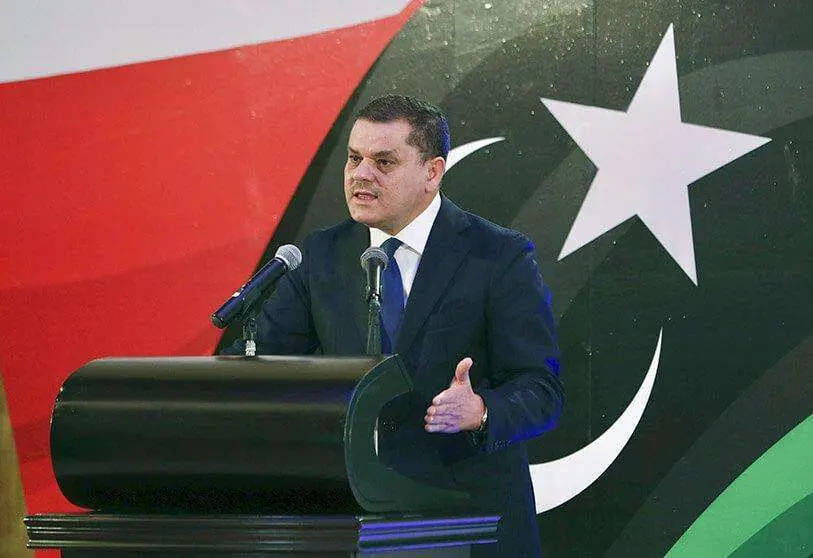Libyan Presidential Council announces new "national reconciliation" plan

The Libyan Presidential Council has launched a national reconciliation strategy after a group of demonstrators managed to storm the parliament in the city of Tobruk in protest against the severe political crisis in the country.
At a ceremony in the capital, Tripoli, the head of the Council said in a speech that "Libya needs national efforts to keep foreign interference at bay", adding that the time had come to make way for "reconciliation".
In this new plan, the Libyan Presidential Council declared the "end" of the political transition stage by holding "presidential and parliamentary elections" within "a specific time frame" and "moving in the direction of a national consensus on the project of change that enhances trust between all political parties".

According to the communiqué, the elements governing the solution plan include preserving the unity of the country, ending the spectre of a new civil conflict, strengthening the existing state of peace, limiting foreign interference and avoiding chaos, in order to "push for a national solution that takes priority" over all other aspects.
The aim of this new strategy, approved by the members of the Council after a series of meetings, is to respond to "the legitimate demands of the Libyan people to achieve their aspirations", as a result of the mass demonstrations that have taken place. By aspirations, the Council refers to the demands of the population to finally achieve political consensus and the holding of democratic elections, something that the African country has not yet experienced.
Libya is drowning in a political, economic and social crisis that continues to oppress its citizens. They are the ones who are suffering the most from the ravages of the internal crises, aggravated by the continuous power cuts and shortages. Since the outbreak of the Arab Spring, countries such as Egypt, Syria, Tunisia and Yemen have suffered major internal conflicts which, in cases such as Syria and Yemen, have led to civil wars that have lasted until the present day, leaving thousands of deaths and destruction in their wake.
Libya has been no exception. Since the uprisings that toppled former dictator Muammar al-Gaddafi, the country has suffered consecutive civil clashes that have plunged the country into a dire situation.

Libya was due to hold new elections last December to end the political crisis. After several days of uncertainty, the elections were finally cancelled, which was a setback for the peace process that the United Nations continues to try to implement, which has also provoked a certain amount of international interventionism that some political spheres oppose.
In addition to the interference of foreign powers interested in Libya's rich oil wells, the country is politically divided. On the one hand, the Prime Minister appointed by the Libyan Political Dialogue Forum (LDPF), Abdul Hamid Dbeibé, continues to fail to set a date for elections.
It is this failure that led the Libyan parliament to elect former Interior Minister Fathi Bashagha as the country's new Prime Minister, which Dbeibé described as "illegal". Dbeibé insisted that his government "continues to work" and declared that he would not allow "a new transitional phase".

The dispute between Dbeibé and Bashagha continues. The former controls the capital and the western areas while Bashagha holds the eastern territories, especially the city of Tobruk, where the parliament is located.
On the other hand, in the east of the country, Marshal Halifa Jaftar, who also controls the Tobuq parliament, maintains control of a large part of the country after he launched a fight against Islamist militias in the area. Since taking over Benghazi in 2017 to control the region's oil resources from there, Jaftar has sought to take full control of the country by engaging in a confrontation with the Tripoli government.
Jaftar is also in favour of holding elections. So much so that he even ran as a candidate in the last elections. However, the electoral process remains at a standstill and neither the Tripoli government nor the parallel executive have managed to bring about the elections, something that is now a top priority for the Council, which, however, has yet to set a specific date.








